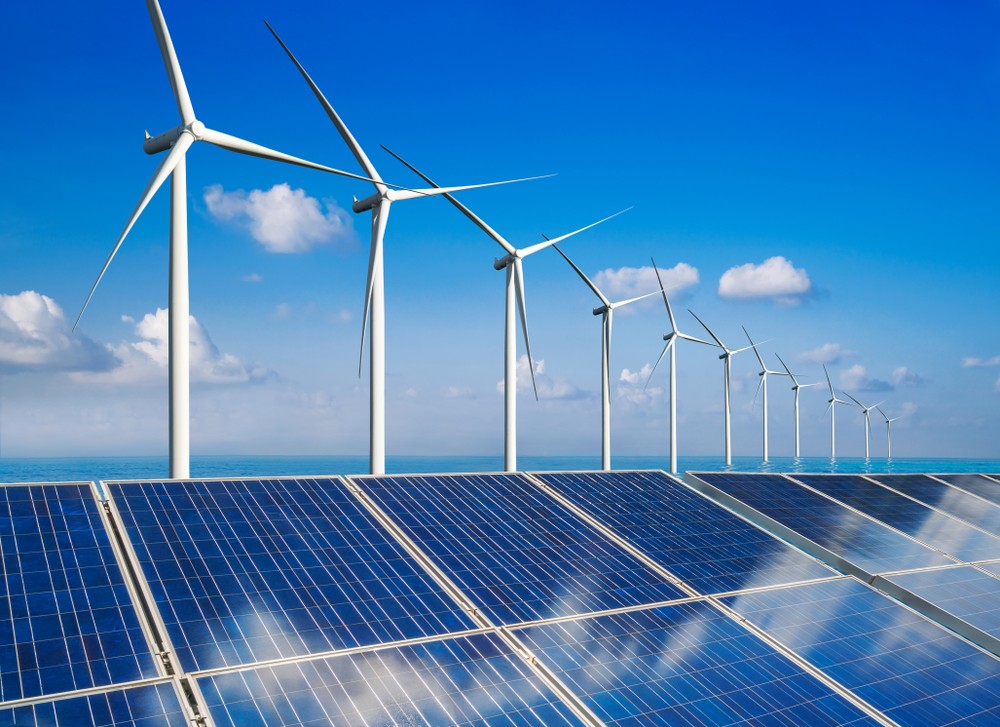Westcon-Comstor is meeting 100% of its electricity needs through renewable sources across its UK sites.
The transition has seen Westcon-Comstor move to powering its sites in Bracknell, Cirencester and Swindon purely by renewable electricity.
It comes as part of a wider company goal whereby the distributor, which operates in more than 70 countries, aims to move to 100% renewable electricity globally by 2030.
The UK is the first country where the target has been achieved.
As well as transitioning to more sustainable sources of energy, for example by switching to renewable electricity tariffs, Westcon-Comstor is working to reduce energy consumption across its UK facilities.
An upgrade to energy efficient LED lighting has recently been completed at its Swindon logistics facility, which is expected to reduce consumption by 25,000kWh annually.
Meanwhile the company’s offices in Cirencester and Bracknell both now benefit from electric vehicle (EV) charging points for employees.
By setting the 100% renewable electricity target last year, Westcon-Comstor aligned with the objectives of RE100, the global corporate renewable energy initiative bringing together hundreds of large and ambitious businesses committed to 100% renewable electricity.
The goal was set to complement the company’s existing emissions reduction targets, in support of its over-arching objective of achieving net zero by 2050.
Westcon-Comstor recently became the first major global technology distributor to have its net-zero targets formally validated by the internationally renowned Science Based Targets initiative (SBTi).
“Having set ourselves ambitious sustainability targets as a business, it’s rewarding to be able to demonstrate that we are making tangible progress in an important market like the UK,” said Mark McLardie, Head of ESG at Westcon-Comstor. “Purchased electricity currently accounts for nearly 70% of our Scope 1 and 2 greenhouse gas emissions globally, and moving to renewable sources will accelerate our progress towards a 50% reduction in these emissions by 2030. We also recognise that reducing energy consumption has a vital role to play in ensuring our business is operating sustainably, and this is a real focus for us in the UK and globally.”




